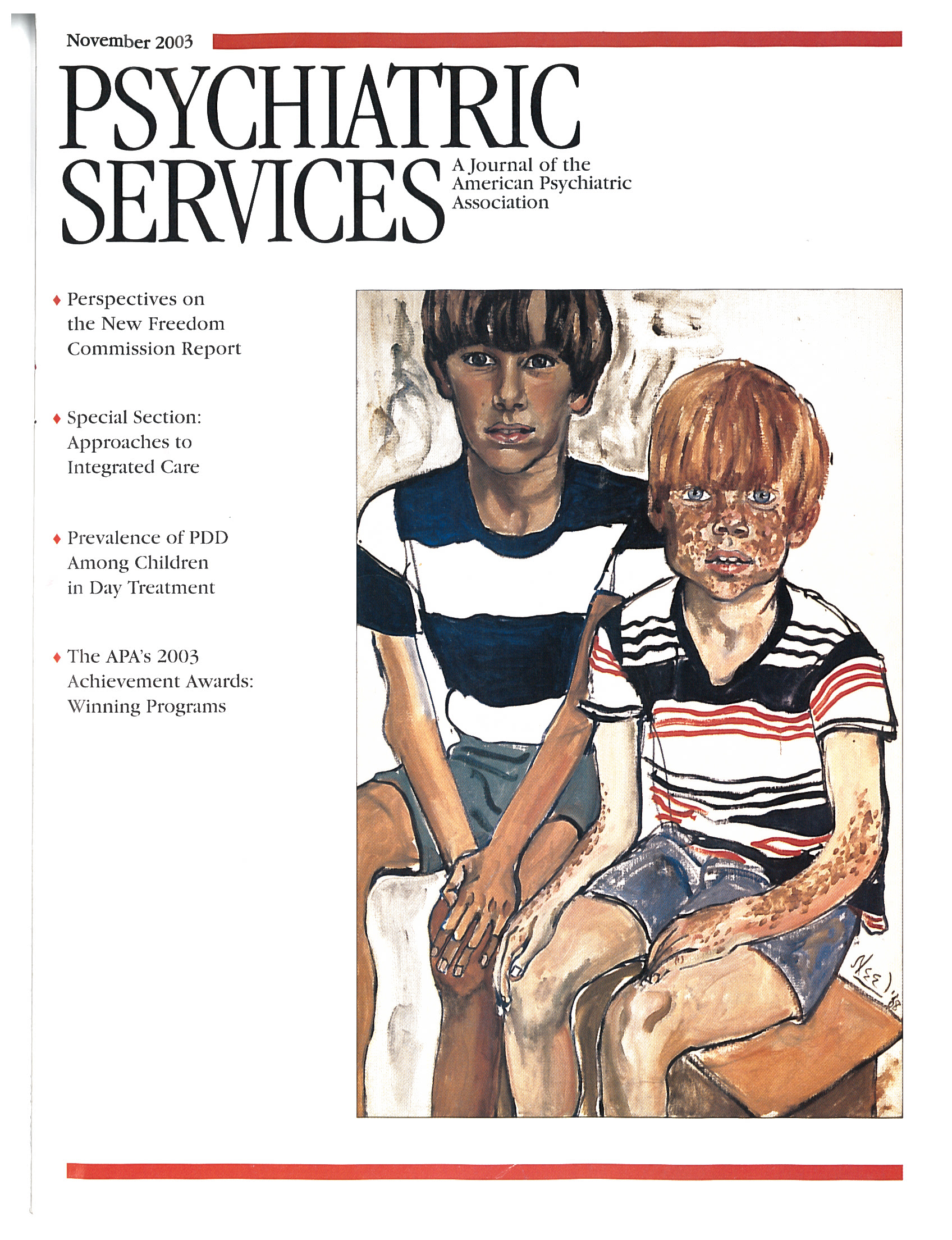Schizophrenia: Comprehensive Treatment and Management
Our knowledge about schizophrenia and its treatment continues to expand rapidly. Today there is reason for considerable optimism that, with treatment, people who have schizophrenia-spectrum disorders can experience a high quality of life. Yet we also know that our treatment systems often do not deliver the treatment that has been shown to be effective. Perhaps with this in mind, Marvin I. Herz, M.D., and Stephen R. Marder, M.D., two highly respected schizophrenia researchers, suggest in their introduction that although their book is intended to "provide clinicians with practical treatment recommendations for the optimal care of individuals with schizophrenia," it may also be of interest to administrators, policy makers, family members, and patients with schizophrenia. I believe they are correct.
Schizophrenia: Comprehensive Treatment and Management is well written and very well referenced. In just over 300 pages the authors cover a tremendous amount of territory in a very organized fashion. Also, as promised, they share not only the research base for their recommendations but also their vast clinical experience, often by way of case vignettes. The book emphasizes phases of schizophrenia and the need to alter treatment approaches according to the phase of the illness.
The book is organized into three sections: general issues in treating and managing schizophrenia, treating and managing the phases of schizophrenia, and special issues in treating and managing schizophrenia. The overview section contains concise reviews of neurobiology, the evolution of diagnostic approaches, and the epidemiology and course of schizophrenia. The chapter called "General Principles of Treatment and Management" emphasizes the need for a team approach in order to provide comprehensive care and suggests that such care should proceed along with the phase of treatment and include psychopharmacologic, psychotherapeutic, psychosocial, and rehabilitative treatment. The delineated principles include the therapeutic alliance, continuity of care and early intervention, stress vulnerability, medication management, and an end to demoralization. This chapter could serve as an excellent resource for interdisciplinary teams serving persons with schizophrenia.
The second section focuses in more detail on each phase of schizophrenia: the acute psychotic phase, the stabilization phase, and the stable phase, with separate chapters on rehabilitative approaches and community intervention and support. Case vignettes are liberally sprinkled throughout to illustrate points, as are clinical "pearls." Two examples: "The first experience a patient has with a new drug is almost invariably a side effect," and "Case management services may be necessary but not sufficient in the care of this population. Other treatment and rehabilitation services described elsewhere in this volume are clearly indicated in the care of individuals with schizophrenia."
The book's final section has chapters on management of patients experiencing a first episode, an array of populations with dual diagnoses (although unfortunately a discussion of developmental disabilities is lacking), and special populations, including a timely discussion of the interface with the criminal justice system.
Overall, Herz and Marder have succeeded in providing a practical clinical manual on the treatment and management of schizophrenia. I hope that in addition to being an excellent current resource for clinicians and trainees, this book will be read by the authors' other intended audience—policy makers and administrators.
Dr. Munetz is chief clinical officer of the Summit County Alcohol, Drug Addiction, and Mental Health Services Board and professor of psychiatry at Northeastern Ohio Universities College of Medicine in Rootstown.



